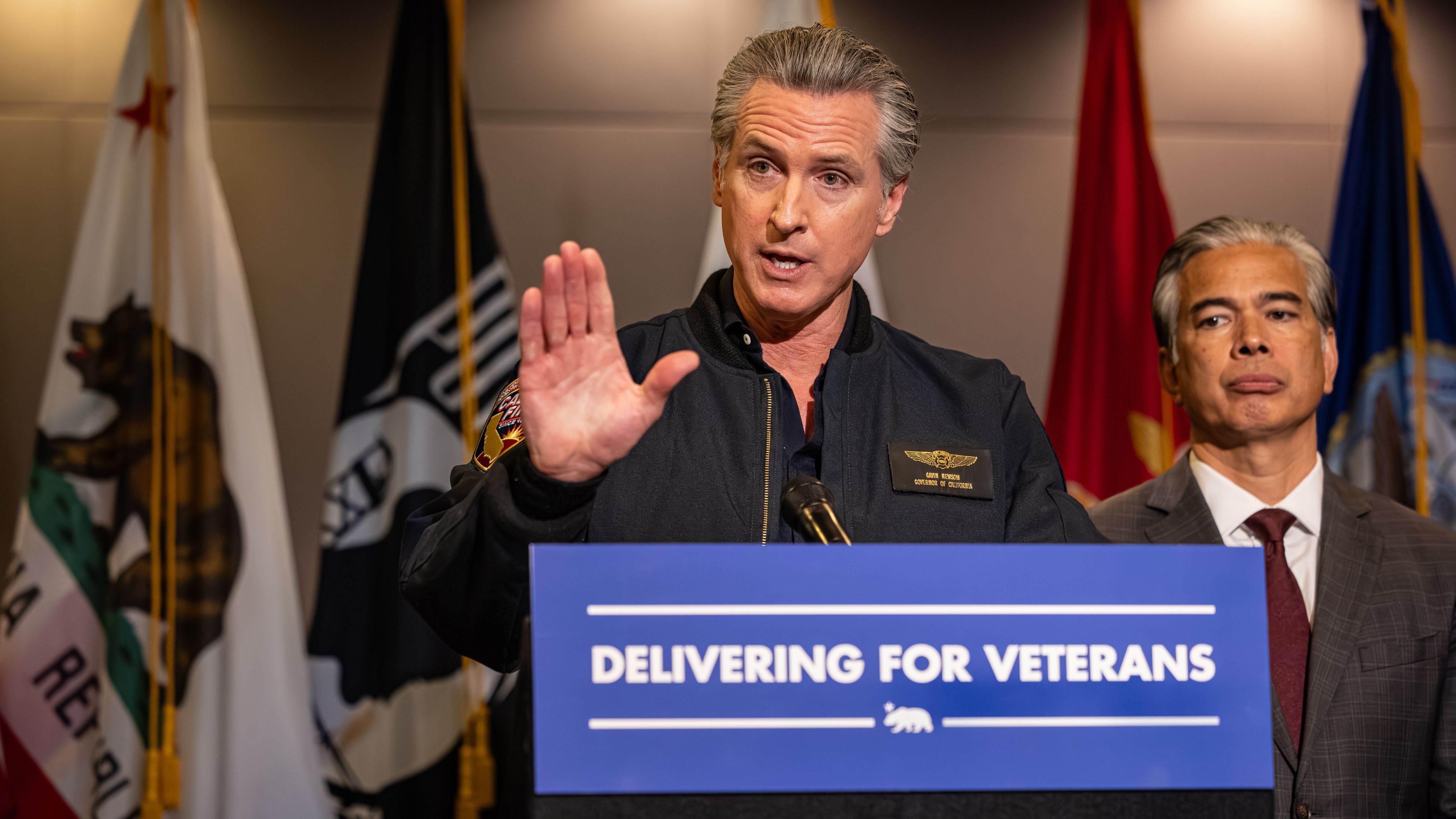NEW NIH, VA STUDY AIMS TO BETTER UNDERSTAND GULF WAR ILLNESS
COMMENT
SHARE

Service often comes with a price. Nobody signing up for the U.S. military is doing it with the best expectations for their health or well-being. Still, war can produce nasty side effects for both mental and physical health in Veterans. The Gulf War is a prime example. Facing the invading American Armed Forces, Iraqi forces set oil fields ablaze, turning a warzone into an even more hazardous environment for all involved. Gulf War Illness (GWI) is a range of ailments that have never been fully explained but a new study is aiming to change this and provide relief to Veterans who deserve assistance for their role in defending our nation. Related read: What Are the 23 Illnesses Covered Under the PACT Act?
What are the Gulf War Presumptive Illnesses?
The Gulf War Illness pertains to a set of chronic symptoms that are unclear and inadequately defined. They are sometimes present in Veterans who were sent to the Persian Gulf during Operation Desert Storm and Operation Desert Shield. Approximately 175,000 to 210,000 out of the 700,000 U.S. troops sent during the Gulf War are affected by this condition. For more than a quarter of a century, since the Gulf War ended, these Veterans have been experiencing chronic suffering as a result of their military service. Most Gulf War Illness symptoms that Veterans report have both physical and mental varieties. Although believed to be tied to exposure to general warlike environments, there are also various toxins, chemicals, and other infectious agents suspected to contribute to these symptoms. Symptoms include:
- Anxiety
- Depression
- Fatigue
- Gastrointestinal issues
- Headaches
- Joint pain
- Memory problems
- Psychological symptoms
- Respiratory problems
- Skin rashes
- Sleep disturbances
In some cases, Gulf War presumptive illnesses were found early on. Other Veterans have been dealing with Gulf War undiagnosed illnesses and may not have reported their condition or realized the connection. In both cases, there are still many questions as to what causes Gulf War Illness in the first place.
What Causes Gulf War Illness?
Unfortunately, this suffering cannot be relieved without a better scientific understanding of GWI. Developing a comprehensive understanding of GWI will enable researchers to identify potential treatments for this condition. Additionally, this knowledge will be helpful in predicting and addressing war-related syndromes in future veterans. Suggested read: Veteran Benefits Are Expanding if You Have a Presumptive Disability
The VA and NIH Are Conducting a New Study
Around 210,000 Gulf War Veterans out of 700,000 serving have experienced GWI symptoms. The VA initially dismissed their claims as psychosomatic and denied disability claims. Aiming to better understand the ailments known as Gulf War Illness, the VA-NIH Investigative Deep Phenotyping (IN-DEPTH) of Gulf War Veterans Health, or the VA-NIH Project IN-DEPTH initiative, is looking for Veterans to take part in a study. As we know, those that served over three decades ago in Iraq have suffered both mentally and physically from ailments that can’t always be explained. Now, the VA and NIH are looking for 75 participants to conduct a study. Of these, they are looking specifically for 50 that served in the Persian Gulf War and exhibit GWI symptoms. The goal of the study is to better understand the complex issues involving GWI. Having your Gulf War Illness claims approved isn’t always an easy path due in part to the ignorance surrounding the ailment. This study could help ease the process. Additionally, the study could help provide better treatment for GWI. "Effective treatments for Gulf War Illness have remained elusive, forcing health care providers to mostly focus on easing patient symptoms. VA and NIH's collaboration will bring together experts who will meticulously investigate the underlying causes of Gulf War Illness symptoms," said Rachel Ramoni, the VA Chief Research and Development Officer.
How to Get Compensation for Gulf War Illness
While presumptive Gulf War illnesses have had some attention, there are still many misconceptions and unknowns about the sickness. Gulf War Veterans with unexplained symptoms lasting at least 6 months are assumed to be related to their service and may be eligible for disability compensation. If this is you, you could be entitled to a range of benefits including healthcare, education, and employment, should they be presumed by the VA to be related to military service. Veterans may also file claims for non-presumptive diseases and injuries. Assistance from the DAV can help you receive the compensation you deserve for Gulf War Illness, at no cost. Read next: Shell Shock Laid the Foundation for Modern PTSD Treatment
Join the Conversation
BY BUDDY BLOUIN
Buddy Blouin is a Contributing Writer at VeteranLife.com
Buddy Blouin is a Contributing Writer at VeteranLife.com



